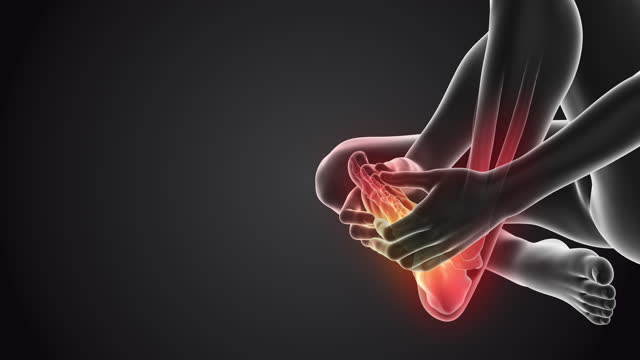
In the fast-paced world we live in, stress has become an unavoidable part of daily life for many individuals. From work deadlines to personal responsibilities, stressors can manifest in various forms and impact both our mental and physical well-being. One common yet often overlooked consequence of stress is its effect on muscle health. In this article, we delve into the intricate connection between stress and muscle pain, exploring how stress can exacerbate or even directly cause discomfort and tension in the muscles.
Before delving into the relationship between stress and muscle pain, it’s essential to understand how stress affects the body. When we experience stress, whether it’s due to psychological factors like work pressure or emotional turmoil, or physiological factors like illness or injury, our bodies initiate a complex response known as the stress response or fight-or-flight response.
During this response, the body releases hormones such as cortisol and adrenaline, which trigger a cascade of physiological changes designed to help us cope with the perceived threat or challenge. These changes include increased heart rate, heightened alertness, and redirection of blood flow to essential organs and muscles, preparing us to either confront the stressor or flee from it.

One of the most notable effects of stress on the body is muscle tension. When we’re under stress, our muscles tend to tighten and contract involuntarily, a phenomenon often referred to as muscle tension or muscle tightness. This muscular response is an evolutionary adaptation designed to protect us from potential harm during stressful situations. For instance, tensing our muscles can prepare us for physical confrontation or help us maintain posture in challenging situations.
However, prolonged or chronic stress can lead to persistent muscle tension, which, over time, may contribute to various musculoskeletal issues, including muscle pain, stiffness, and even muscle spasms. Additionally, individuals who experience high levels of stress may also be more prone to conditions such as tension headaches and temporomandibular joint (TMJ) disorder, both of which are closely associated with muscle tension in the head, neck, and jaw.
Cortisol, often referred to as the “stress hormone,” plays a significant role in mediating the body’s response to stress. While cortisol is essential for regulating various physiological processes, including metabolism, immune function, and inflammation, chronically elevated levels of cortisol due to persistent stress can have detrimental effects on muscle health.
High levels of cortisol can lead to muscle breakdown and atrophy, as well as impair the body’s ability to repair and regenerate muscle tissue. Moreover, cortisol can contribute to inflammation within the muscles, exacerbating pain and discomfort. Individuals with conditions such as fibromyalgia may experience heightened sensitivity to cortisol, further amplifying the effects of stress on muscle pain.
In addition to the physiological effects of stress, psychological factors also play a crucial role in the development and exacerbation of muscle pain. Chronic stressors such as anxiety, depression, and post-traumatic stress disorder (PTSD) can significantly impact the way our bodies perceive and respond to pain signals.
Furthermore, stress-induced alterations in mood and cognition can influence pain perception and pain processing within the brain, amplifying sensations of discomfort and contributing to the chronicity of muscle pain conditions. Individuals who experience high levels of psychological distress may be more likely to develop conditions such as chronic pain syndrome or central sensitization, wherein the nervous system becomes hypersensitive to pain signals.

While the relationship between stress and muscle pain is complex, there are several strategies individuals can employ to help alleviate discomfort and promote muscle relaxation:
In conclusion, the relationship between stress and muscle pain is undeniable, with stressors exerting profound effects on both the physiological and psychological aspects of muscle health. By understanding the mechanisms underlying this connection and implementing effective stress management strategies, individuals can take proactive steps to alleviate muscle tension and promote overall well-being.

WhatsApp us